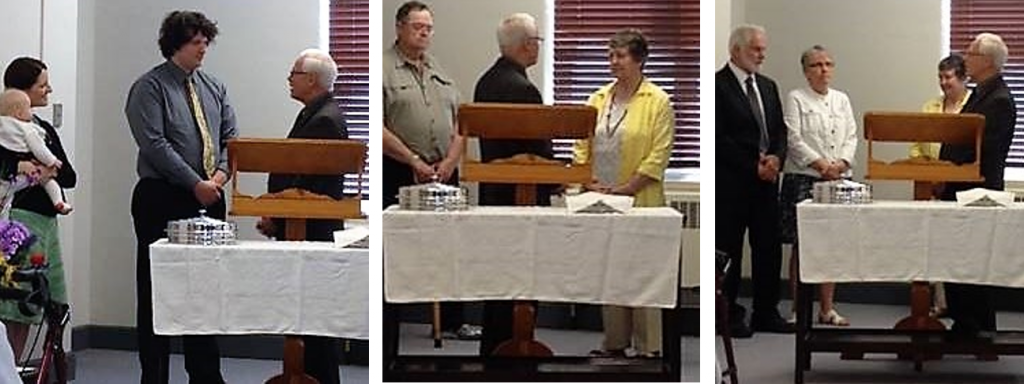Dear Brothers and Sisters,

In our culture, the word miracle is often used rather loosely. For example, if a quarterback completes a 60 yard-long Hail Mary pass into a crowded part of the end zone to win a game, the TV commentator will likely praise it as a miracle. Here’s another example: ailing Dodger outfielder Kirk Gibson won a game in 1988 by hitting what was said to be a miraculous walk-off home run. Being highly unlikely, his hit was certainly entertaining, but it was not a miracle.
A miracle is a supernatural event that goes beyond the productive capacity of nature, though as C.S. Lewis notes in his book Miracles, “miracles do not…break the laws of nature.” When God performs a miracle, he intervenes in natural processes to do something only he can do.
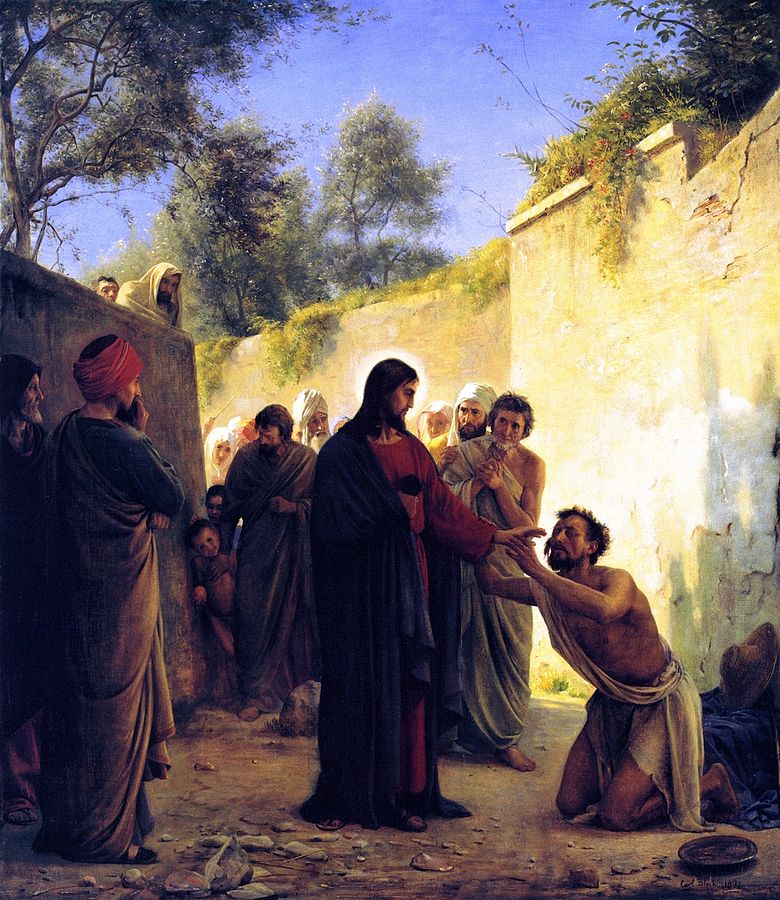
(public domain via Wikimedia Commons)
Unfortunately, Christians sometimes embrace false ideas about miracles. Some say, for example, that there would be more miracles if more people had faith. But history shows otherwise—though the Israelites witnessed numerous miracles from God, they lacked faith. As another example, some say all healings are miracles. But many healings do not fit the formal definition of a miracle—many are the result of natural processes. When we cut a finger and it heals gradually, a natural process God designed for the human body has occurred. This natural healing is a sign (a demonstration) of God’s goodness as our Creator. However, if the cut heals instantaneously, we understand that God has performed a miracle—he has intervened directly and thus supernaturally. In the first instance we have an indirect sign and in the other a direct sign—both pointing us to the goodness of God.
Unfortunately, some who claim the name of Christ abuse and even fake miracles to build a following. You see this sometimes in what are called “healing services.” But such abuses of miracles are not found in the New Testament. Instead we find worship that is about faith, hope and love for God, looking directly to him for salvation that comes by way of the proclamation of the gospel. However, abuses of miracles should not diminish our appreciation for genuine miracles. Let me tell you about one I witnessed. I joined others in praying for a woman whose virulent cancer had already eaten away some of her ribs. She was receiving medical care, and now was being anointed, asking God for a miracle of healing. The result was that she became cancer free and her ribs grew back! Her doctor told her, “This is miraculous. Whatever you are doing, keep doing it.” She explained to him that it was not her doing, but God’s blessing. Some may claim that her medical treatments put the cancer at bay and the ribs grew back on their own, which they can do. But that would have taken a long time, and hers quickly returned to normal. Because her doctor said that her return to health was “not explainable,” we conclude God intervened and performed a true miracle.
Believing in miracles is not necessarily anti-science, and looking for natural explanations does not necessarily indicate a lack of faith in God. When scientists propose a hypothesis, they run tests seeking to falsify it. If their attempts at falsification fail, the hypothesis is strengthened. Thus we understand that looking for natural explanations for what might seem to be miraculous is not necessarily a refusal to believe in miracles.
We’ve all prayed for the sick to be healed. Some were delivered immediately and thus miraculously while others recovered slowly and thus naturally. In the case of those healed miraculously, it does not seem to have depended on who prayed or on how many prayed. The apostle Paul was not healed of his “thorn in the flesh” despite praying three times. My point is this: when we pray for a miracle of healing, in faith we leave the means and the ultimate outcome to God. We trust him to do what is best, knowing that in his goodness and wisdom he takes into consideration factors we cannot be aware of.
Praying for a sick person to be healed is one of the ways we show love and compassion for those in need, joining Jesus in his faithful intercession as our Mediator and High Priest. Misunderstanding the instruction in James 5:14, some may be hesitant to pray for a sick person, thinking that only church elders are authorized to do so, or that somehow an elder’s prayer is more effective than the prayers of friends and family members. It seems that James’ intent in telling church members to call on the elders to be anointed when they are sick was to make it clear that elders, as servants of the people (and not lords over them), must make themselves available to those in need. Biblical scholars see in James’ instruction a reference to Jesus sending out his disciples in pairs (Mark 6:7), who then “drove out many demons and anointed many sick people with oil and healed them” (Mark 6:13). [1]
When we pray for healing, we must not think that our task is somehow to persuade (or otherwise condition) God to act according to his grace. God’s goodness is always freely given! Why then pray? Because through prayer we participate in what God is doing in the lives of others, and in our own lives as well, as God prepares us for what he will do according to his compassion and wisdom.
Let me add a note of caution: When a person comes to you asking for prayer concerning a health issue, and they say they want to keep the request private, their request for privacy should always be honored. People should never be made to think that their “chances” of being healed are somehow increased proportionate to the number of people who are praying for them. Such an idea reflects non-biblical, magical thinking.
In all our thinking about healing, we must remember that it is God who heals. Sometimes he heals through a miracle and other times he heals using the natural means he has placed within his creation. Either way, all the glory goes to him. In Philippians 2:27, the apostle Paul thanks God for having mercy on his friend and co-worker Epaphroditus who was deathly ill until God healed him. Paul does not mention a healing service or a particular power possessed by a particular person (himself included). Instead, Paul simply praises God for healing his friend. That’s a good example for us to follow.
Based on the miracles I’ve witnessed, and ones I’ve heard about from others, I’m confident God still heals today. When we are ill, we have freedom in Christ to ask anyone to pray for us and to ask the elders of our church to anoint us with oil and pray for our healing. It is then our responsibility and privilege to pray for others, asking God, if it is his will, to heal those among us who are sick and hurting. In all instances, we trust God for his answer and timing.
Thankful for God’s healing,
Joseph Tkach
[1] Though GCI does practice anointing the sick with oil for healing, it does not consider this practice to be a matter of obedience to a command (as is the case with the sacraments of baptism and the Lord’s Supper). For additional information about this practice and GCI’s understanding of the related instructions given in James 5:14, click here, here and here.


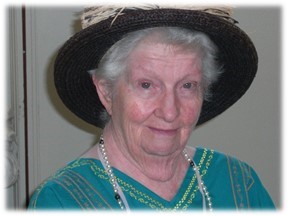


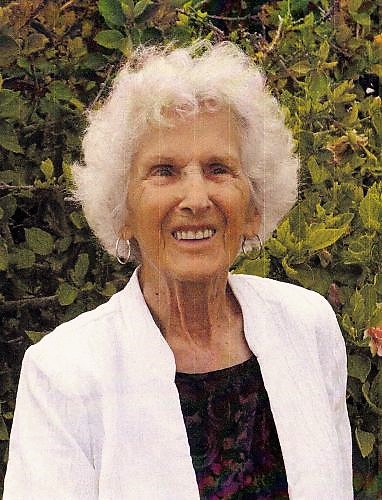
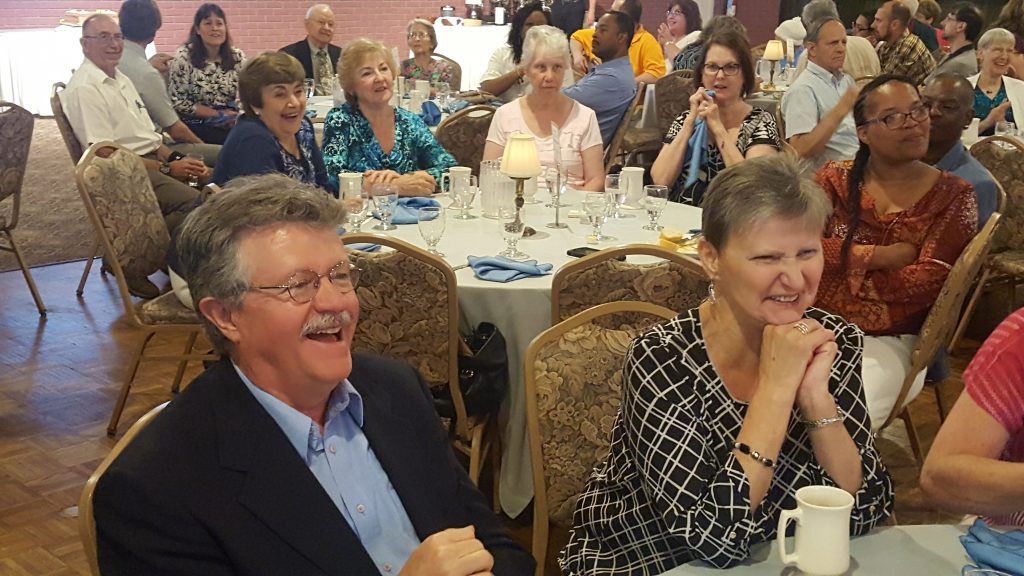
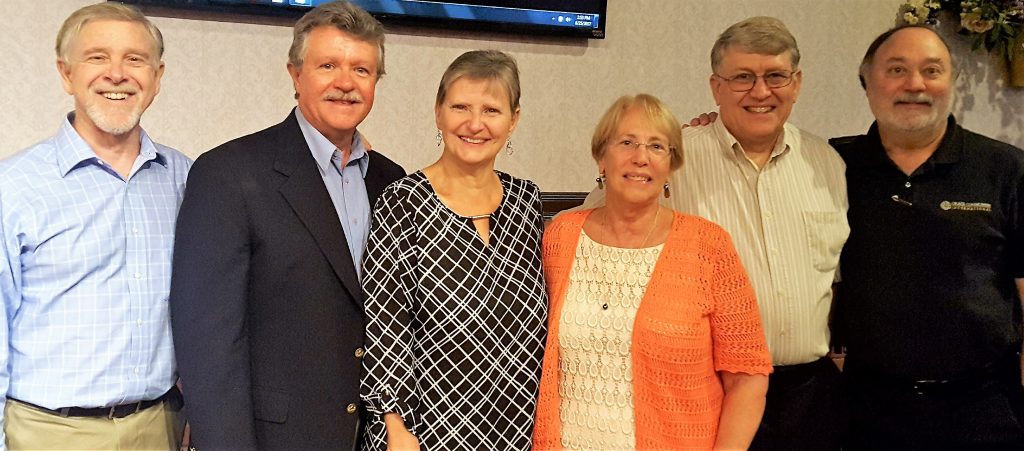
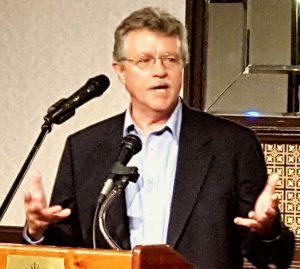
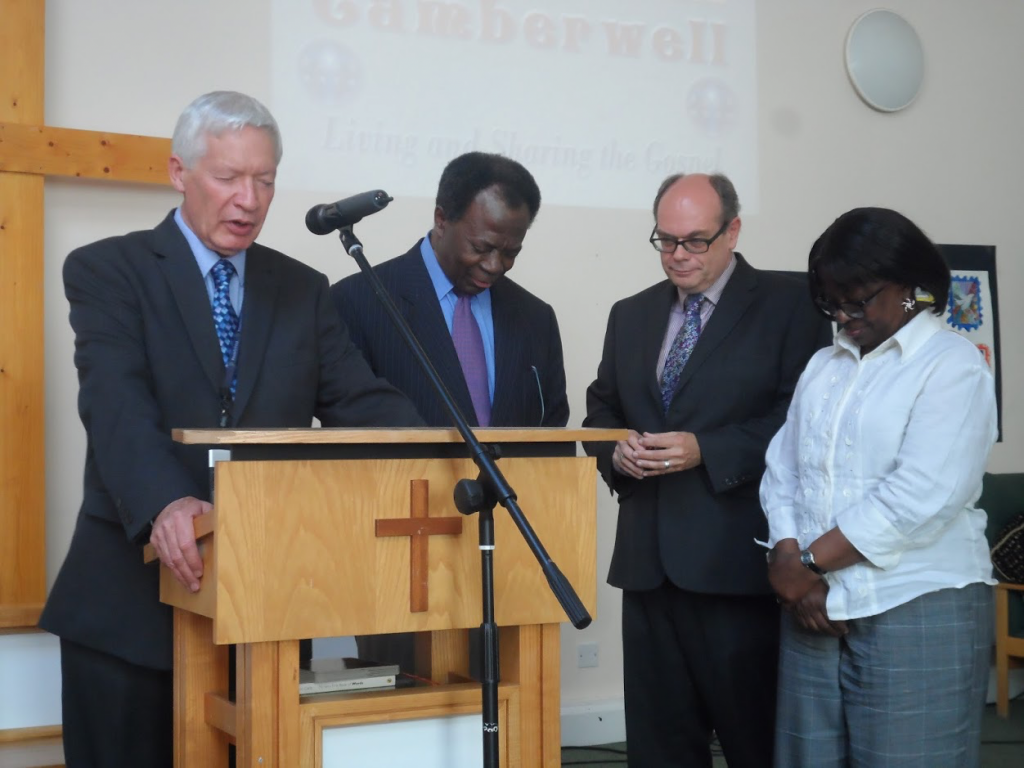
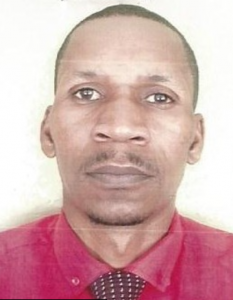 Andrew Gahadzikwa (pictured at right), who serves one of GCI’s congregations in Zimbabwe, Africa, was ordained an elder in June. The ceremony was attended by 120 people.
Andrew Gahadzikwa (pictured at right), who serves one of GCI’s congregations in Zimbabwe, Africa, was ordained an elder in June. The ceremony was attended by 120 people.